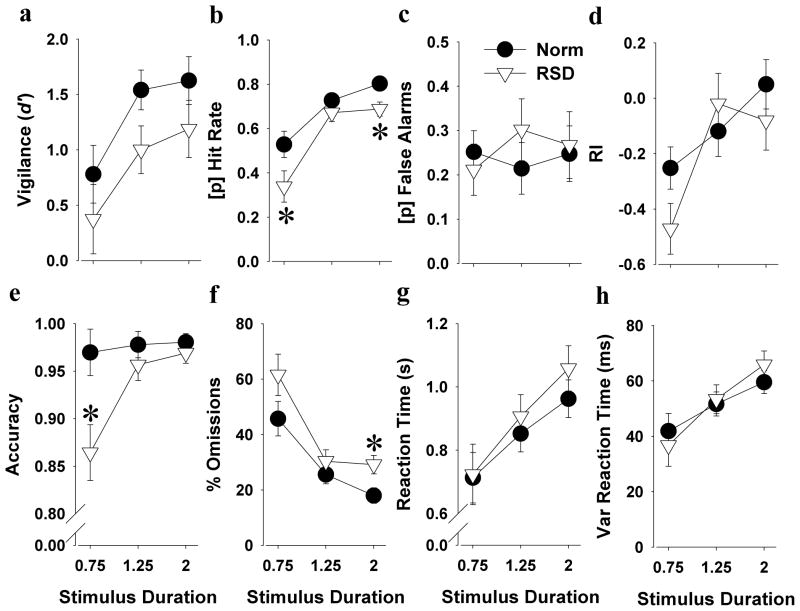Figure 4. Effects of RSD on 5C-CPT performance in good performing mice.
In the good performing subgroup of mice, RSD more severely impaired 5C-CPT performance. RSD negatively impacted vigilance as measured by slight reduced d′ at the 1.25 s stimulus duration (a). RSD decreased hit rate, specifically at the 0.75 s and 2 s stimulus durations (b), while leaving non-target responses unaffected (c). No effect of RSD was observed on responsiveness (d), but after RSD, mice made fewer target responses compared to mice after normal sleep, specifically at the 0.75 s stimulus duration (e). Although longer stimulus durations reduced the number of omitted trials in control mice, this effect was less pronounced in the mice after RSD, where RSD increased omissions at the highest stimulus duration (f). No effect of RSD was observed on both mean and variable RTs (g-h). Data are presented as the mean ± SEM, *denotes p<0.05 when compared with mice after normal sleep.

